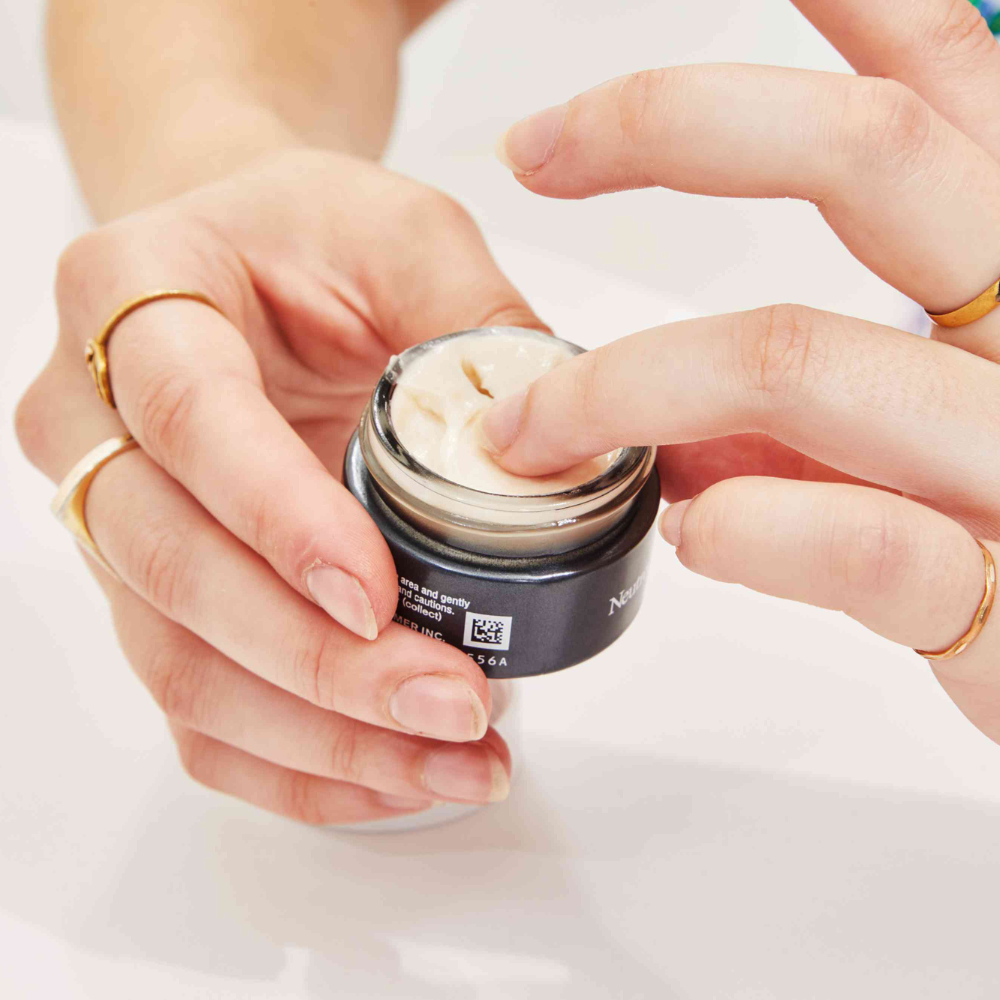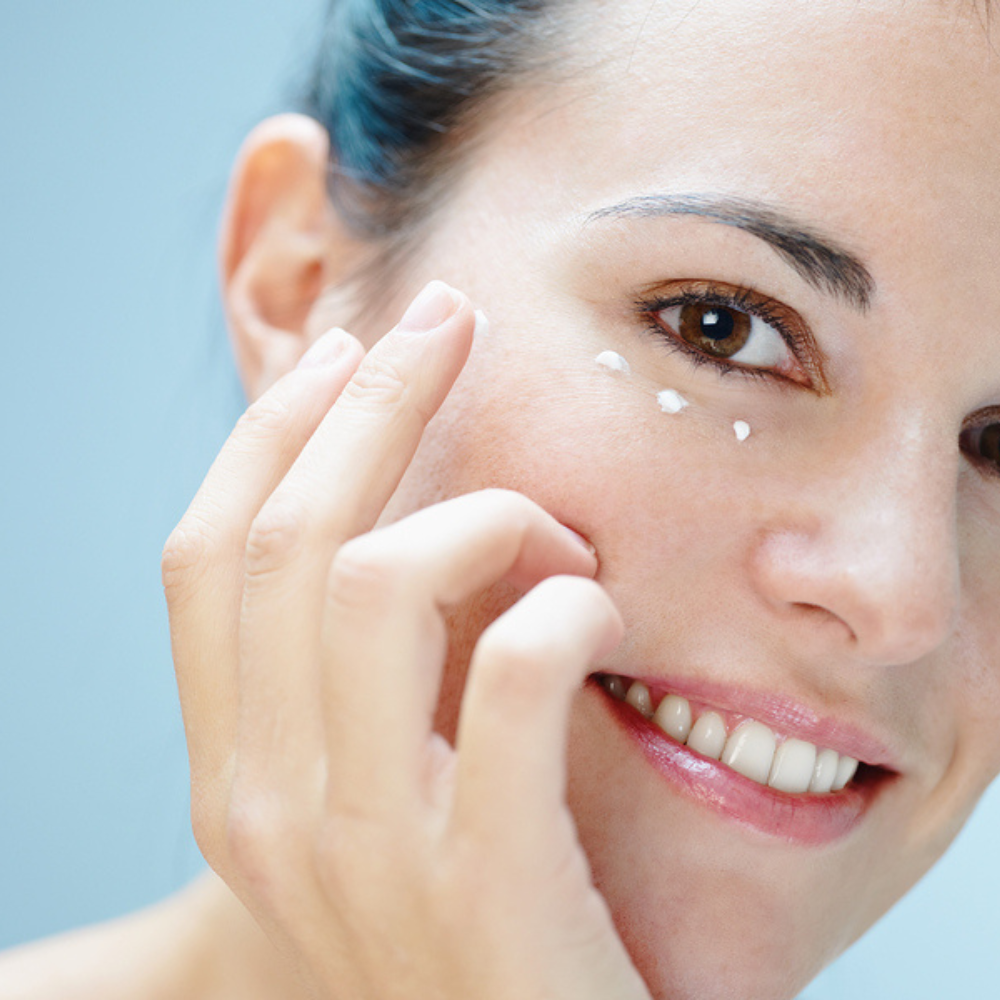Eye cream is a popular skincare product that is used to moisturize and protect the delicate skin around the eyes. It is specifically formulated to address common concerns in this area such as fine lines, dark circles, and puffiness. While it may seem like a small addition to your skincare routine, eye cream can make a big difference in the appearance of your skin over time.
But how long does eye cream last? This question often arises when purchasing this product or deciding whether to try a new one. In this article, we will explore the factors that affect the longevity of eye cream and provide tips on making the most out of your eye cream. So, let's dive in and find out how long we can expect our eye creams to last.
What is Eye Cream?
Eye cream is a specialized skincare product designed to target the delicate skin around the eyes. It is formulated with ingredients that are gentle and safe for use in this sensitive area. The skin around the eyes is much thinner than other areas of the face, making it more susceptible to fine lines, puffiness, and dark circles.
Eye creams typically contain moisturizing agents such as hyaluronic acid and glycerin to hydrate the skin and prevent dryness. They may also include active ingredients like retinol, vitamin C, and caffeine to address specific concerns like wrinkles or dark circles.
Plus, eye creams often come in smaller packaging and with a different consistency than regular facial moisturizers to make application easier around the delicate eye area.
Factors That Affect the Longevity of Eye Cream

The longevity of an eye cream can vary depending on several factors. Here are some key factors that can affect how long your eye cream will last:
Ingredients
The ingredients used in an eye cream can significantly impact its longevity. Some ingredients, like retinol and vitamin C, are known to be unstable and can degrade quickly when exposed to light or air. As a result, eye creams containing these ingredients may have a shorter shelf life.
On the other hand, some ingredients are more stable and may last longer without losing their effectiveness. For example, hyaluronic acid is a common ingredient in many eye creams due to its ability to retain moisture. It typically has a longer lifespan compared to other active ingredients.
Packaging
The packaging of an eye cream can also affect its longevity. Eye creams that come in jars or tubs are more likely to be exposed to air and contaminants, which can cause the product to deteriorate faster. On the other hand, eye creams in pump or tube packaging are less exposed to air, making them last longer.
It is essential to note that even with proper packaging, eye creams may expire prematurely if not stored correctly. Plus, if you are using a product with an open-mouthed container, be sure to use a clean spatula or tool to scoop out the product instead of using your fingers. This can help prevent bacteria from getting into the product and prolong its shelf life.
Storage Conditions
The way you store your eye cream can also impact its longevity. Exposure to heat, sunlight, and humidity can cause the ingredients in the product to break down and lose their effectiveness. Therefore, it is best to keep your eye cream in a cool, dry place away from direct sunlight.
Additionally, avoid keeping your eye cream in the bathroom as it can be exposed to steam and humidity when taking hot showers, which can also affect its shelf life.
Frequency of Use
The frequency at which you use your eye cream can also determine how long it will last. If you are using the product daily, it may run out faster compared to someone who uses it every other day or a few times a week. However, applying too much eye cream at once is not recommended as only a small amount is needed for each application.
To make the most out of your eye cream, use just enough to cover the area around your eyes and gently pat it in until fully absorbed. This can help extend the life of your eye cream, saving you money in the long run.
Average Lifespan of Eye Cream

On average, eye creams can last anywhere from 5-6 months if stored and used correctly. However, this can vary based on the factors mentioned above. Products with active ingredients or unstable packaging may have a shorter lifespan, while more stable products can last longer.
It is essential to pay attention to the expiration date on your eye cream and discard it if it has passed. Using expired eye cream can not only be less effective but also cause irritation or damage to the delicate skin around your eyes.
Additionally, it is recommended to rotate your eye cream every 6 months to ensure you are using a fresh and effective product. This can also give you the opportunity to try different eye creams and find one that works best for your skin.
Why Eye Cream is So Popular
Given the shorter lifespan of eye creams compared to other skincare products, one might wonder why they are so popular. The reason behind this is the unique benefits that eye creams offer. As mentioned earlier, the skin around the eyes is delicate and needs special care.
Eye creams help to hydrate, soothe, and protect this sensitive area while addressing common concerns like wrinkles and dark circles. Plus, their smaller packaging makes them more affordable than other anti-aging skincare products.
Also, eye creams often come with a cooling and refreshing sensation when applied, giving a sense of relaxation and rejuvenation. As a result, many people enjoy incorporating an eye cream into their skincare routine for both the benefits it provides and the self-care aspect.
Why Face Serum is Good For Your Skin

Face serum has become a staple in many skincare routines, and for good reason. These lightweight and highly concentrated products are designed to target specific skin concerns like fine lines, wrinkles, dark spots, and dullness.
Unlike moisturizers which primarily hydrate the skin's surface, serums penetrate deeper into the skin to deliver active ingredients that can help improve overall texture and appearance. They work best when applied before moisturizing and can be used both day and night.
In addition to their targeted benefits, face serums also have anti-aging properties that can help reduce the signs of aging over time. They are also suitable for all skin types, including acne-prone and sensitive skin. With consistent use, face serum can help improve the overall health and appearance of your skin.
Mistakes to Avoid When Using Eye Cream

Using eye cream may seem like a straightforward process, but there are some common mistakes that many people make when using it. Here are a few things to avoid when applying eye cream:
- Using too much product: As mentioned earlier, only a small amount of eye cream is needed for each application. Using too much can cause the product to run out faster and may also lead to irritation or clogged pores.
- Applying in the wrong order: Eye cream should be applied after cleansing and toning but before moisturizing. This allows the active ingredients to penetrate into the skin and provide maximum benefits.
- Rubbing instead of patting: The skin around the eyes is delicate, so it's important to be gentle when applying eye cream. Instead of rubbing or pulling the skin, use your ring finger to gently pat the product in until fully absorbed.
By avoiding these common mistakes, you can ensure that you are getting the most out of your eye cream and maintaining the health of your delicate eye area.
FAQs
How long does an unopened eye cream last?
Unopened products like eye cream typically have a longer shelf life, often up to two years if stored properly. To ensure the best quality, keep the eye cream in a cool, dark place away from direct sunlight and heat.
How long can you use eye cream after opening it?
Once opened, eye cream generally lasts about six months to a year. To avoid skin irritation and ensure the product’s effectiveness, follow the recommended usage period and store the eye cream properly.
Can using expired eye cream cause skin irritation?
Yes, using expired eye creams can cause skin irritation and potentially worsen skin issues. It's essential to adhere to the product’s shelf life to maintain your skincare routine’s effectiveness and avoid adverse reactions.
How does storing eye cream properly affect its shelf life?
Storing eye cream properly can significantly affect its shelf life. Please keep it in a cool, dry place, and ensure the lid is tightly closed after each use. This is especially important for organic products, which may have shorter shelf lives compared to other skin care products.
Is it safe to use eye cream on the entire face?
While eye cream is specifically formulated for the delicate skin around the orbital bone, it can be used on the entire face if it doesn’t cause skin irritation. However, it’s more effective to use products specifically designed for the broader areas of the face, such as acne treatments and sun protection creams, for optimal skin care results.
Conclusion
Eye cream is an essential part of any skincare routine, providing targeted benefits for the delicate skin around the eyes. By storing it properly, using it at the right frequency, and avoiding common mistakes, you can prolong its lifespan and get the most out of your product.
Don't forget to pay attention to expiration dates and rotate your eye cream every six months to ensure you are using a fresh and effective product. And with consistent use, you can enjoy improved texture, hydration, and overall appearance of your eye area.
By taking care of your eyes, you are not only investing in your beauty but also in your self-care routine. Happy pampering!
Subscribe to our email newsletter and unlock access to members-only content and exclusive updates.

Comments